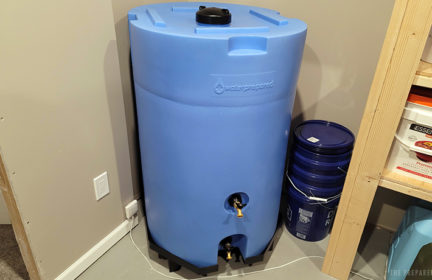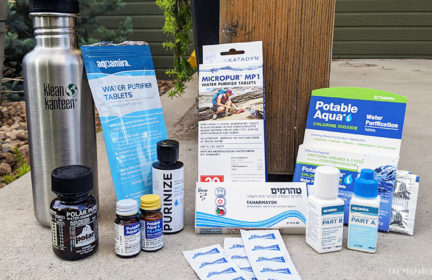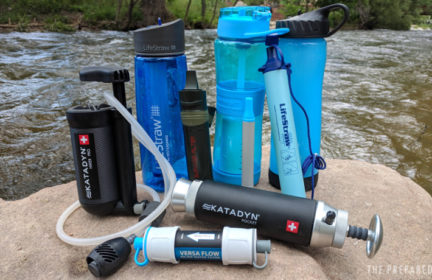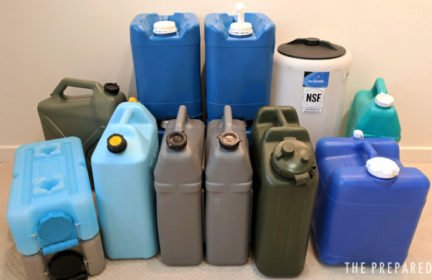How do you (safely) access the water in your water heater in case of outage?
When talking about water preparedness I always hear that we should take into account the 30 or 40 or however many gallons of water stored in our water heater. I mean that if the water goes out we can drain the water heater for drinking, washing, and whatever other vital uses. But for a person like me, who’s not very handy or knowledgeable about repairs, I have no idea how to drain my water heater except in the normal way, by running the hot water in my faucet. Can anybody provide any guides or links to guides where I might learn?
8
Log in or register to join the conversation
-
Comments (8)
-



